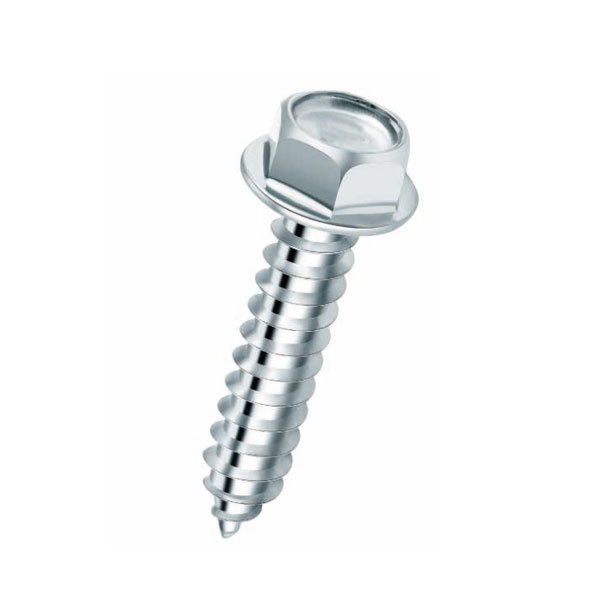Specifications for Custom Spring Washers and Their Applications
Understanding Custom Spring Washer Specifications
Spring washers, also known as wave washers or coil springs, are essential components in various mechanical assemblies. They provide a multitude of functions, including load distribution, vibration absorption, and maintaining tension in bolted joints. When designing or sourcing custom spring washers, understanding their specifications is crucial for ensuring they meet the specific needs of an application.
What are Custom Spring Washers?
Custom spring washers are specially designed washers that can fulfill unique requirements of a particular application. Unlike standard spring washers, which come in predetermined sizes and materials, custom washers can be tailored in terms of dimensions, material properties, and finish to meet intricate specifications.
Key Specifications to Consider
1. Material Selection The choice of material for spring washers significantly affects their performance. Common materials include stainless steel, carbon steel, and specialty alloys. Stainless steel is favored for its corrosion resistance, while carbon steel offers strength and resilience. Specialty alloys may be used in high-temperature or highly corrosive environments. Understanding the operating environment is critical for choosing the right material.
2. Dimensions When creating custom spring washers, size is a fundamental specification. This includes the inner diameter, outer diameter, and thickness. The inner diameter must match the bolt or screw it will be used with, while the outer diameter should be large enough to distribute the load effectively. Thickness influences the spring constant and overall flexibility of the washer, which determines how much load it can bear before plastic deformation occurs.
3. Spring Constant The spring constant of a washer is a measure of its stiffness. A higher spring constant indicates a stiffer washer, which will resist deformation under load. In applications where load stability is paramount, selecting the right spring constant is essential to prevent failure over time. Understanding how much load the spring washer will experience will help in selecting an appropriate spring constant.
custom spring washer specification

4. Load Capacity It is crucial to determine the maximum load that the custom spring washer can handle. This involves calculating the factors such as external forces, dynamic loads, and static loads that the washer will encounter during operation. Failure to select a washer with adequate load capacity can lead to mechanical failure, resulting in increased maintenance costs and potential safety hazards.
5. Surface Finish The surface finish of custom spring washers can influence performance, especially in applications where friction, wear, and corrosion resistance are concerns. Options include galvanizing, anodizing, or leaving the surface untreated. Additional treatments such as oiling or coating can enhance performance in specific environments.
6. Quantity and Cost Efficiency When ordering custom spring washers, it is essential to consider the quantity needed. Manufacturers may offer lower prices for bulk orders. Analyzing the costs associated with producing custom parts versus using standard parts can lead to better budget management.
Applications of Custom Spring Washers
Custom spring washers find utility in a wide range of industries, including automotive, aerospace, electronics, and construction. In the automotive industry, they are commonly used to maintain tension in suspension systems and to reduce wear in drivetrains. In electronics, they help secure components in place while absorbing vibrations that could lead to failure.
Conclusion
In conclusion, custom spring washers are vital components that must be carefully specified to meet the unique needs of various applications. Attention to material selection, dimensions, spring constant, load capacity, surface finish, and cost considerations will ensure that the final product provides the intended performance and reliability. By collaborating with experienced manufacturers and understanding these key specifications, engineers and designers can effectively integrate custom spring washers into their projects, ultimately enhancing performance and longevity in their mechanical systems.
-
Top Choices for Plasterboard FixingNewsDec.26,2024
-
The Versatility of Specialty WashersNewsDec.26,2024
-
Secure Your ProjectsNewsDec.26,2024
-
Essential Screws for Chipboard Flooring ProjectsNewsDec.26,2024
-
Choosing the Right Drywall ScrewsNewsDec.26,2024
-
Black Phosphate Screws for Superior PerformanceNewsDec.26,2024
-
The Versatile Choice of Nylon Flat Washers for Your NeedsNewsDec.18,2024










